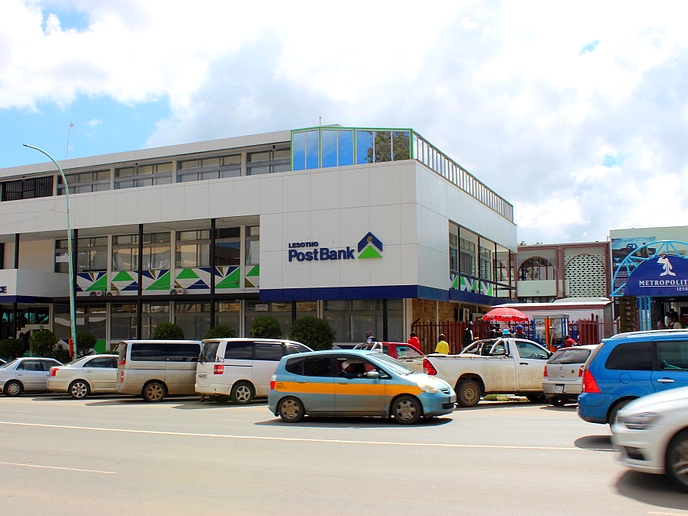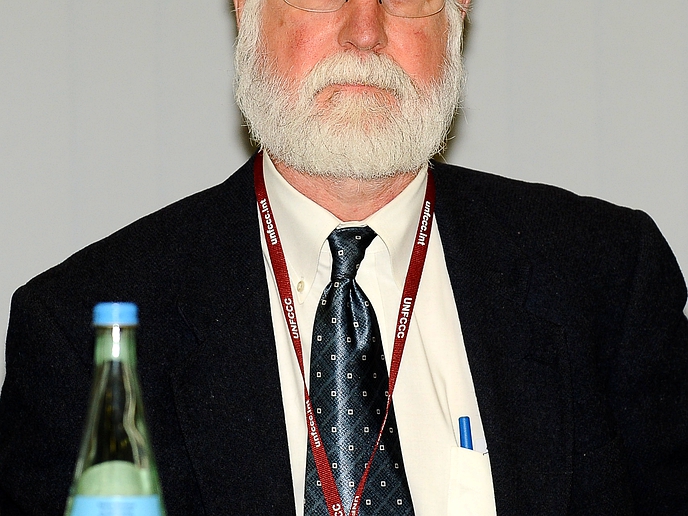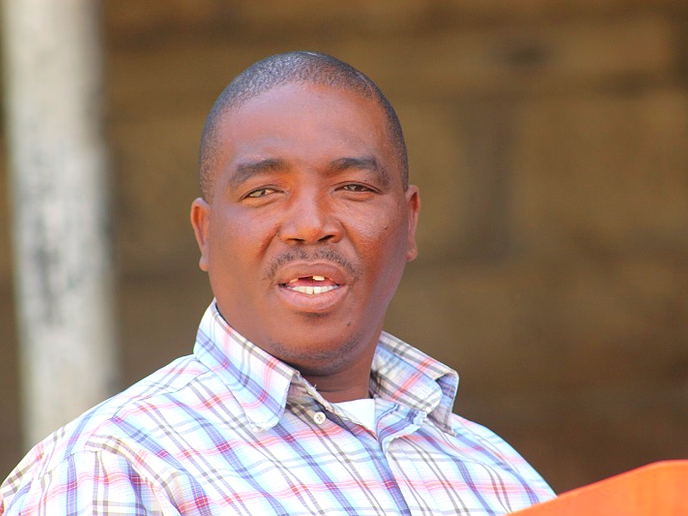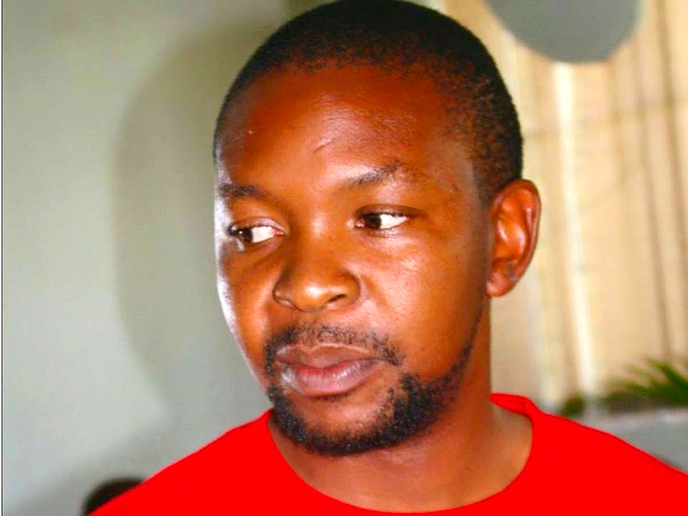...was Lesotho bamboozled or got a raw deal out of its own miscues? LHDA responds to sharp criticism of LHWP Phase II. Senate has deeply scrutinised the Lesotho Highlands Water Project (LHWP) phase II with many wondering if the project will really benefit Lesotho if it does not produce electricity for the country.
business
May 31, 2019
METRO REPORTER
5 min read
LHWP Phase 2 faces sharp criticism
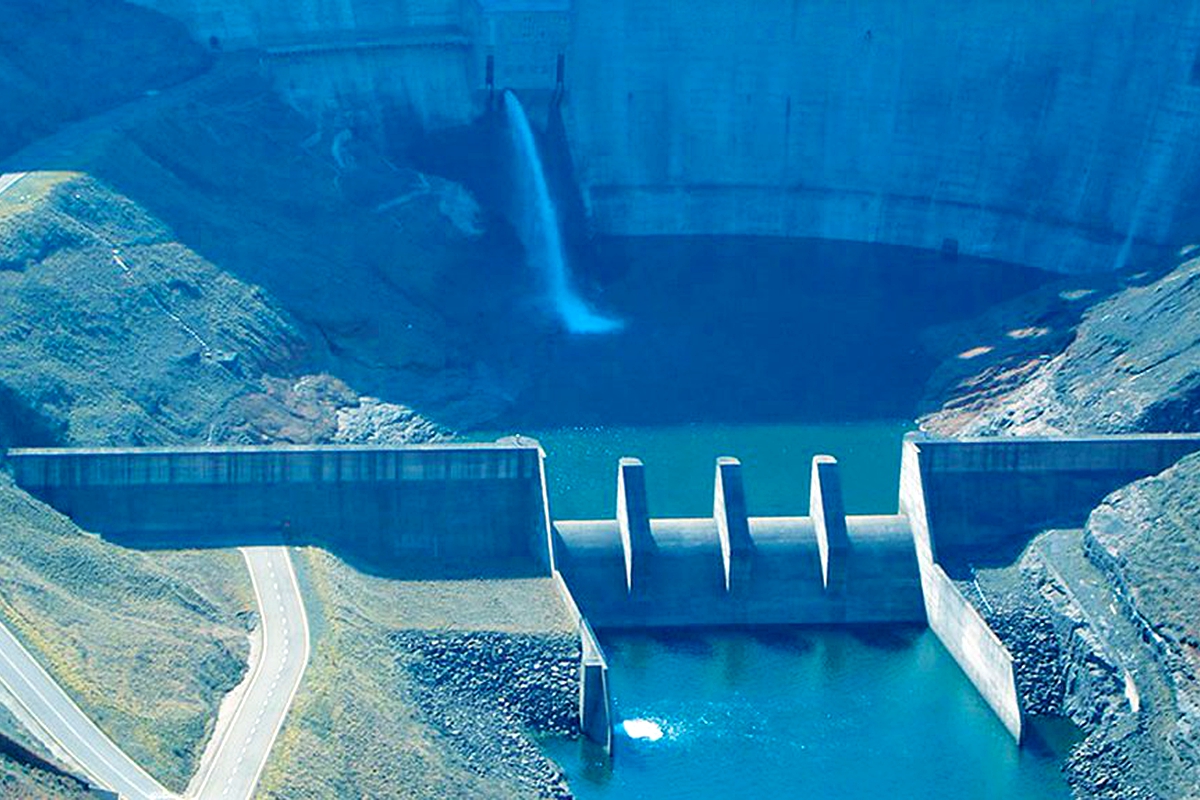
LHWP
Currently underway, Phase II of the Lesotho Highlands Water Project (LHWP), a multi-phased project intended to provide water to the Gauteng region of South Africa and to generate hydro-electricity for Lesotho, which entails harnessing the waters of the Senqu/Orange River in the Lesotho highlands through the construction of a series of dams, for the mutual benefit of the two countries, is being scrutinised. The project is a follow up to Phase I of the project which was completed in 2003 and inaugurated in 2004.
Phase II comprises the construction of the Polihali Dam; an approximately 38km transfer tunnel to convey water from Polihali to Katse Dam; and all associated advance infrastructure. During Senate debate last week Wednesday, the deliberations were led by the Chairperson of Petitions Committee and Principal Chief for Makhoakhoa, Chief Tumane Matela. The house invited all stakeholders involved in the matter particularly the Ministry of Water Affairs authorities, former Lesotho Highlands Development Authority (LHDA) employees, Lesotho Highlands Water Commission (LHWC) as well as Lesotho Youth League Forum (LYLF) representatives to put their heads together.
Enjoy our daily newsletter from today
Access exclusive newsletters, along with previews of new media releases.
For four years now, LYLF have been complaining about Phase II on the grounds that it will benefit South Africans more than locals. This matter was discussed and deferred in different forums including the Senate where finally members came out recently to say they hold similar opinions with youths. Principal Secretary (PS) in the Ministry of Water Affairs Emmanuel Lesoma said the agreement between Lesotho and South Africa allows both parties to sit and decide the next step hence Polihali was born out of such deliberations.
However, one Rabele Makakole of LYLF is adamant the agreement should be repealed as it has long lasting negative impact on the country and its economy. “Polihali will enable Lesotho to send water to South Africa while failing to produce electricity for the nation so as to get it at the minimal prices, leaving many youth unemployed,” he lamented. His words were echoed by Masupha Sole who is now the Advisor to the PS and Minister. “When the country opted for Polihali, it is worth noting that, that was the worst decision we have ever taken,” he stressed.
Mr Sole is adamant the Lesotho Highlands Water Project (LHWP) phase II at Polihali will not benefit the country and its people. According to Mr Sole, who is also former head of the project, unlike Phase I which allowed the country to sell water to South Africa while also producing electricity, this time around things will not be the same. He added that phase II will be a loss in the long run to the country, adding he agrees with LYLF that ultimately phase II holds no positive rewards for the nation. “Why can we not abandon Polihali and opt for Mashai as this was the initial plan, because we will lose but not the same way we would if we were to undertake phase II at Polihali,” he underlined.
Similarly, various members of the Senate namely; Chief Khoabane Theko, Chief Joel Motsóene and Chief Mojela Makhaola strongly held the opinion that the Ministry is not convincing them as to why they chose Polihali as opposed to Mashai dam which would enable Lesotho to also produce electricity for locals while selling water to South Africa. According to Chief Makhaola, it is only fair that youth are given the necessary support on this issue especially seeing that the second phase of the project does not benefit the country.
SMEC South Africa, as a member of the Metsi a Senqu-Khubelu Consultants Joint Venture (MSKC) appointed by the Lesotho Highlands Development Authority (LHDA), is providing professional services for the design and construction supervision of the Polihali Transfer Tunnel. Altogether, MSKC will carry out the design and construction supervision of approximately 8.3km of drill-and-blast tunnels, including intake tunnels, access adits, connector tunnels and outlet tunnels; approximately 34km of tunnel-boring-machine tunnels; approximately 230m of shaft sinking; a lake-tap outlet into the Katse reservoir; and all associated concrete work, access roads, site offices, storage /laydown areas and other related surface works and infrastructure.
“Training LHDA staff to operate and maintain the tunnel is part of the skills and technology transfer element of this contract”, notes SMEC South Africa Project Director Chris Viljoen. “The contract also makes provision for the training of young professionals”. Water from the LHWP is transferred in terms of the Treaty between Lesotho and South Africa, via the Katse reservoir, through a transfer tunnel and delivery tunnel, to the Ash River outfall between Clarens and Bethlehem in South Africa. Water flows from the Ash River into the Liebenbergsvlei, which joins the Wilge River near Frankfort before finally reaching the Vaal Dam in Gauteng, South Africa.
Phase II is expected to ensure another source of reliable water supply to South Africa that will meet the demands of the Gauteng region, increasing the current supply rate of 780 million m3 per annum from the LHWP to the Vaal System by approximately 465 million m3 to make a total of 1 255 million m3 per annum. Following letters of grievances addressed to Lesotho Prime Minister (PM) and President of South Africa regarding LHWP phase II, the LHDA has refuted allegations and disapproved perception that the project will benefit South Africa more than Lesotho.
At a press briefing held in Maseru on Tuesday this week, LHDA Chief Executive Refiloe Tlali slammed assertions that phase II is not for the benefit of Lesotho as the project will not be generating electricity for the country, arguing that as indicated in the 1986 treaty and Phase II Agreement, Phase II will entail water transfer and hydro-power components that will be implemented by 2026. She noted that the Authority did not defy the agreement by selecting Polihali over Mashai, clarifying that under LHWP Treaty, Lesotho and South Africa specified that full feasibility studies would inform the choice of sites for any subsequent phases and that preference would be given to the best cost location provided it met requirements to augment water transfer and hydro-power generation, thereby stating that Polihali was the most cost effective site.
Speaking at the same briefing on the issue of Basotho being given low participation, Mahase Thokoa, the Divisional Manager Social Development and Environment clarified that in awarding of tenders, preference is given to both Lesotho and South African firms provided that the underlying criteria of quality, cost effectiveness and experience are met. He added that a 50/50 split in the monetary value of infrastructure contracts is awarded between two countries. Addressing the issue of lifetime compensation for survivors of the Lesotho dams, he indicated that the Authority decided to compensate for 50 years so that victims may still receive enough money to earn their living, adding that they are currently negotiating with stakeholders that over and above the compensation, there should be sustainable livelihoods projects.
Mr. Thokoa further noted that the Authority has no power to ensure that victims receive 10 percent of the royalties Lesotho makes from exporting water, adding that they are only responsible of exporting water to South Africa, and generation of hydro-power to the country. The 2.3-billion cubic metre Polihali dam will be built downstream of the confluence of the Senqu and Khubelu rivers.
Tailored for you



